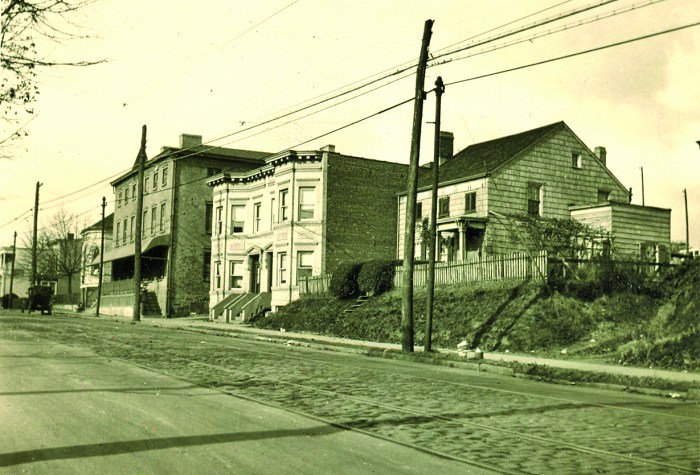One way to know that political times have changed in New York City is that the Democratic Socialists of America just won their first race in the five boroughs, and it was a big one.
A member and candidate they endorsed, 28-year-old newcomer Alexandria Ocasio-Cortez, beat powerful Rep. Joe Crowley in the Democratic primary for the 14th Congressional District in Queens and the Bronx. Ocasio-Cortez worked as an organizer for that other outer-borough radical Vermont Sen. Bernie Sanders, and she supports bold lefty priorities like a federal jobs guarantee and Medicare for all.
It’s a serious upset: Crowley, 56, is the chair of the House Democratic Caucus and was rumored to be the next speaker of the House, and his loss has city politicians doing lots of self-analysis about an electorate they thought they knew.
Since Sanders’ run in the 2016 presidential primary, DSA has grown in membership and energy and become a more serious progressive force in NYC. In last year’s City Council elections, the group’s candidates had decent showings, and more are planning to challenge Democrats in state primaries in September. That includes Julia Salazar, a police accountability organizer from Brooklyn who is taking on longtime State Sen. Martin Dilan. Some of the Ocasio-Cortez magic seems to have rubbed off on Salazar — from midnight to Wednesday afternoon the upstart received 180 contributions, totalling $8,000, the second-biggest day other than Salazar’s launch, according to her campaign. That’s decent money for a sleepy state primary where $100,000 total is solid. The campaign had averaged $600 to $700 a day otherwise.
Clearly there is voter interest in Democrats challenging establishment figures, another example of how times have changed. Incumbents in NYC tend to be like the pre-Aaron Judge Yankees — well-funded, kind of geriatric, annoyingly seen as the only game in town and liable to win November.
It’s possible that norms for city politicians may have changed Tuesday, too, which would be just as surprising. Crowley wasn’t just a congressman: he was also the head of the Queens County Democratic Party. County politics used to fully dominate New York when more patronage jobs were available for doling, but even recently, many city politicians are loath to go against their county leadership. The local clubs can help with the egregiously complicated and expensive process of collecting signatures to get on a ballot, which was a concern for Ocasio-Cortez. The party machinery can help with money and endorsements, too.
Those are some reasons why elected officials would happily show up at Crowley’s holiday party and literally sing and dance. Last year, Crowley was instrumental in helping Corey Johnson get the votes necessary to become City Council speaker (it’s a behind-closed-doors process where members choose their next leader), and Crowley watched from the City Council chambers balcony as Johnson took the new job.
The influence of the county parties has waxed and waned — they had less luck choosing a council speaker in 2013, when Mayor Bill de Blasio played powerbroker. But some factors seem to be making it easier for challengers to have a chance even without party help. Ocasio-Cortez, for example, hit the pavement in the district and benefited from the canvassing operations of newly-active groups like DSA, who say they knocked on 11,000 doors for the candidate. Savvy use of social media helped fire up supporters: Ocasio-Cortez’s sharp, often fiery Twitter posts frequently garner tens of thousands of interactions.
Her run also seems to have caught Crowley off guard, his focus back in Washington even as he belatedly tried to reintroduce himself and catch up with the changing politics of city primary voters.
That change, most likely, will be met with another change: city politicians might think twice about ignoring challengers.































